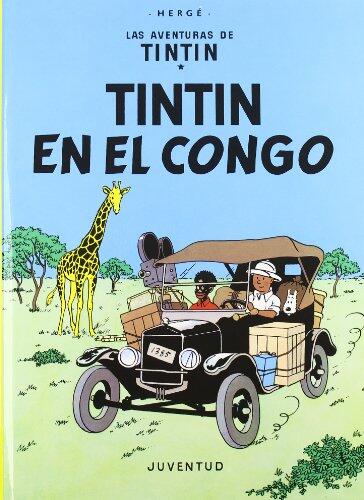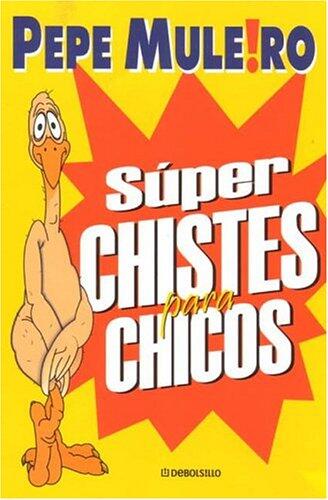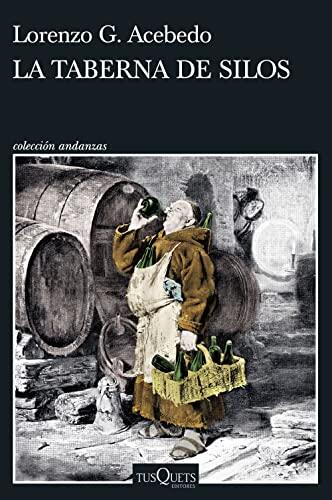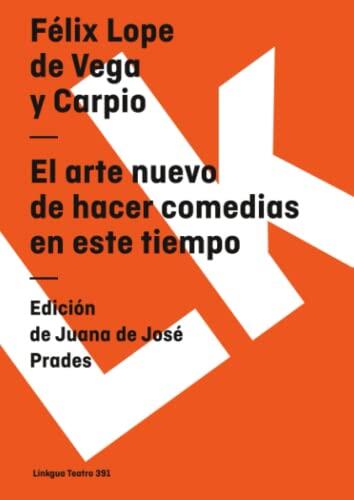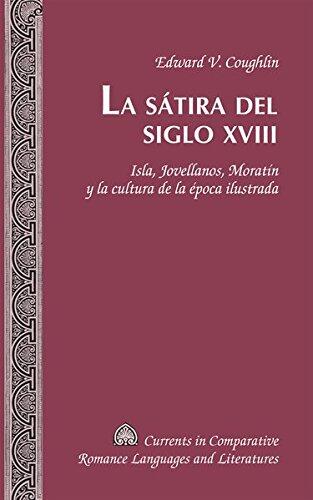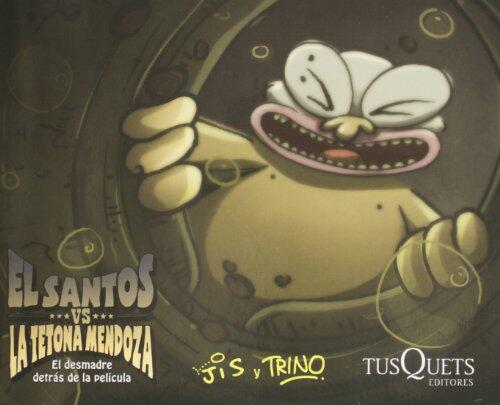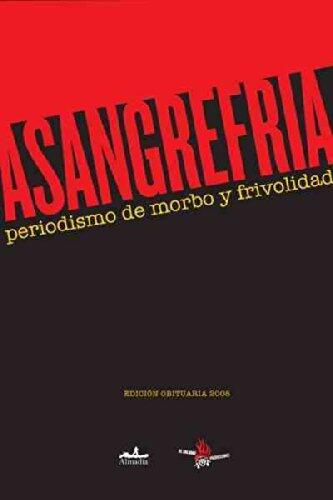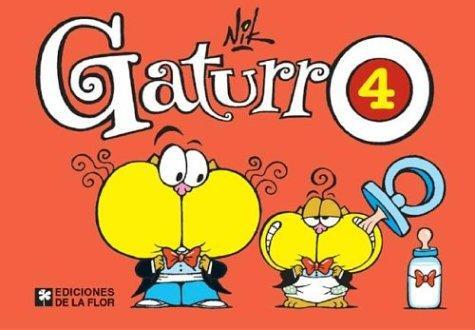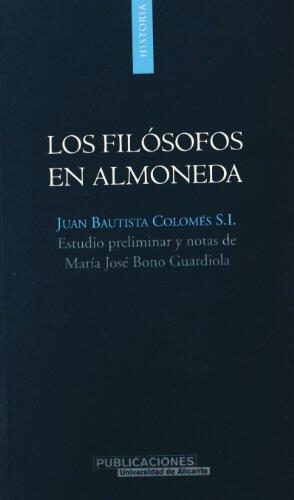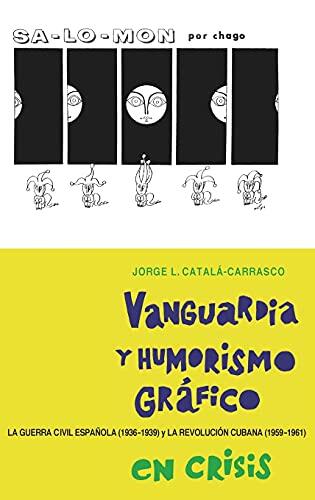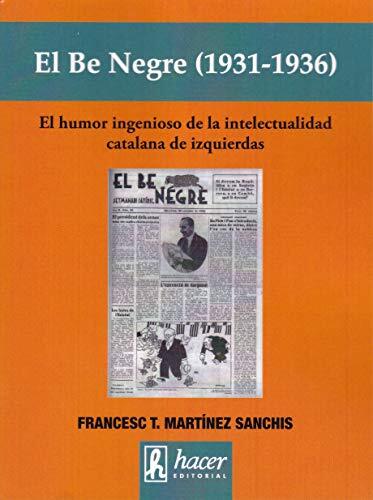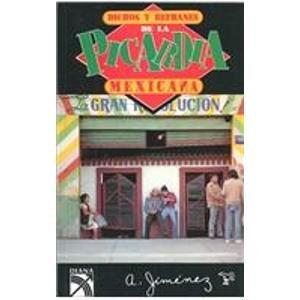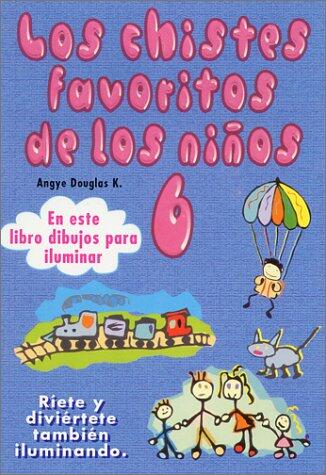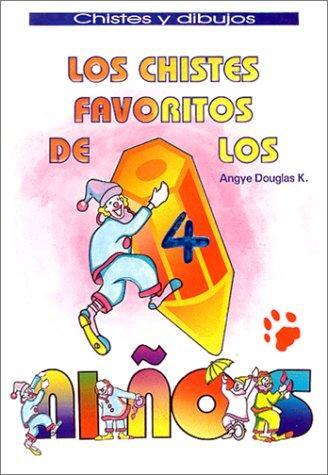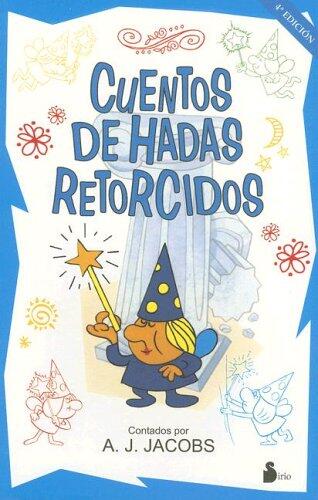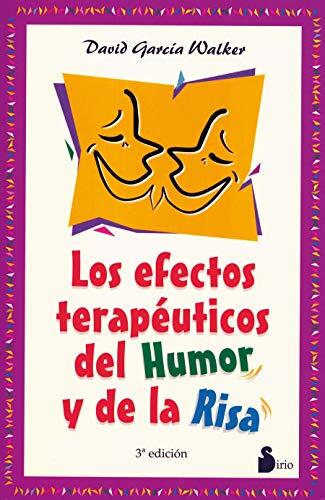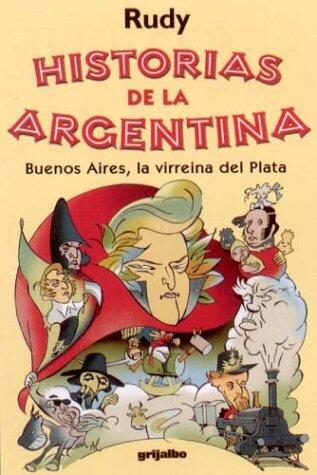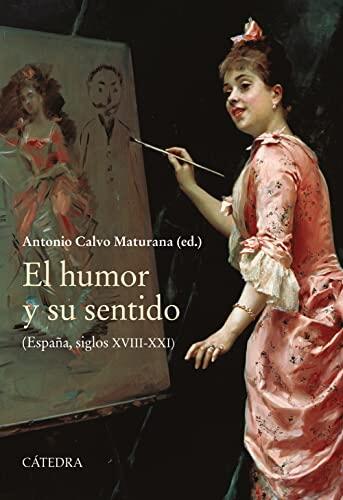
El humor y su sentido:
بواسطة
Antonio Calvo Maturana
لا توجد تقييمات بعد
Humor
تنسيق
غلاف ورقي
صفحات
360
لغة
الإسبانية
منشور
Mar 24, 2022
الناشر
Ediciones Cátedra
الطبعة
edición
رقم ISBN-10
8437644143
رقم ISBN-13
9788437644141
الوصف
Antonio Calvo Maturana delves into the rich tapestry of humor as it has evolved in Spain from the 18th century to the present day. This exploration offers an insightful look at how humor reflects societal changes, cultural shifts, and the complexities of human experience. The author meticulously analyzes various forms of humor, including literature, theater, and visual arts, showcasing their roles in commentary, satire, and entertainment throughout different historical contexts.
By weaving together anecdotes, historical narratives, and critical analysis, Maturana not only highlights the significance of humor in shaping national identity but also underscores its power as a tool for social critique. Readers are invited to engage with the playful yet profound ways humor interacts with politics, social norms, and individual expression.
The examination also considers how humor transcends mere laughter, inviting deeper reflections on the nature of happiness and discontent within the Spanish cultural landscape. Through this comprehensive study, Maturana enables a rich understanding of how humor has consistently served as a mirror to Spanish society across epochs.
Ultimately, the work stands as an invitation for both scholars and casual readers to appreciate the nuances of humor and its essential place in the fabric of life, revealing unexpected connections and insights along the way.
By weaving together anecdotes, historical narratives, and critical analysis, Maturana not only highlights the significance of humor in shaping national identity but also underscores its power as a tool for social critique. Readers are invited to engage with the playful yet profound ways humor interacts with politics, social norms, and individual expression.
The examination also considers how humor transcends mere laughter, inviting deeper reflections on the nature of happiness and discontent within the Spanish cultural landscape. Through this comprehensive study, Maturana enables a rich understanding of how humor has consistently served as a mirror to Spanish society across epochs.
Ultimately, the work stands as an invitation for both scholars and casual readers to appreciate the nuances of humor and its essential place in the fabric of life, revealing unexpected connections and insights along the way.
